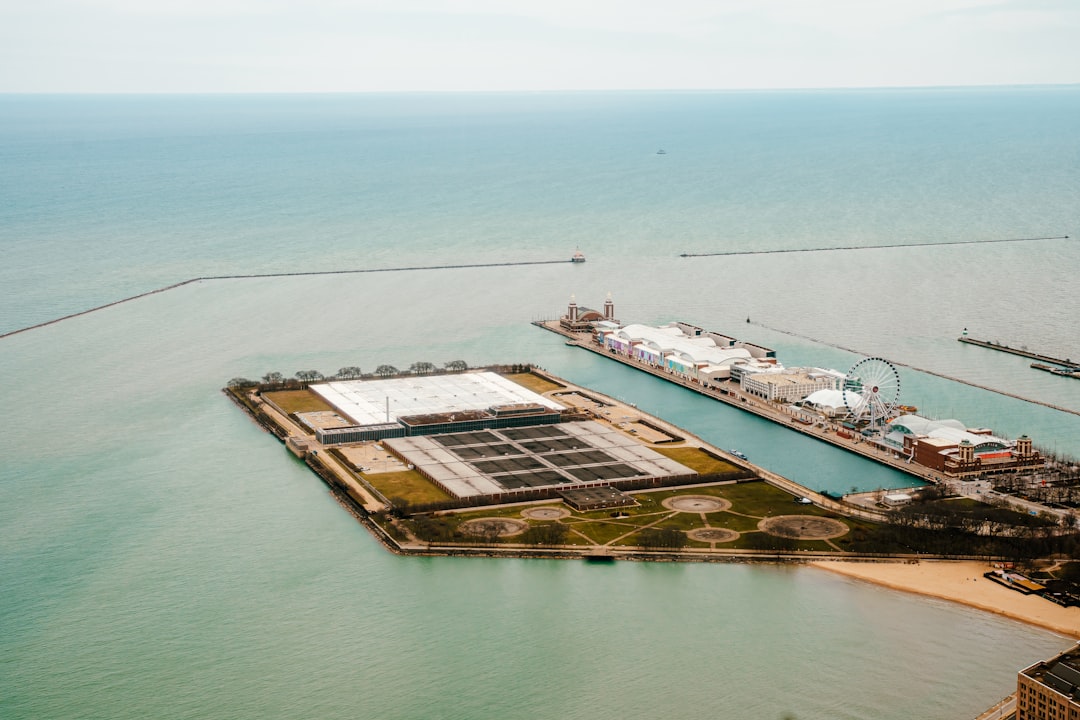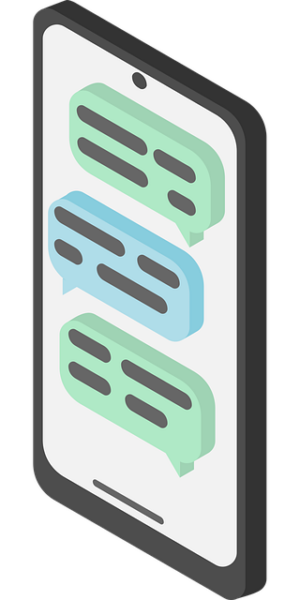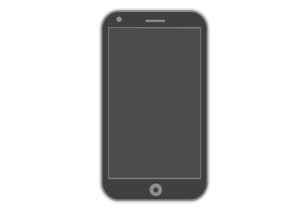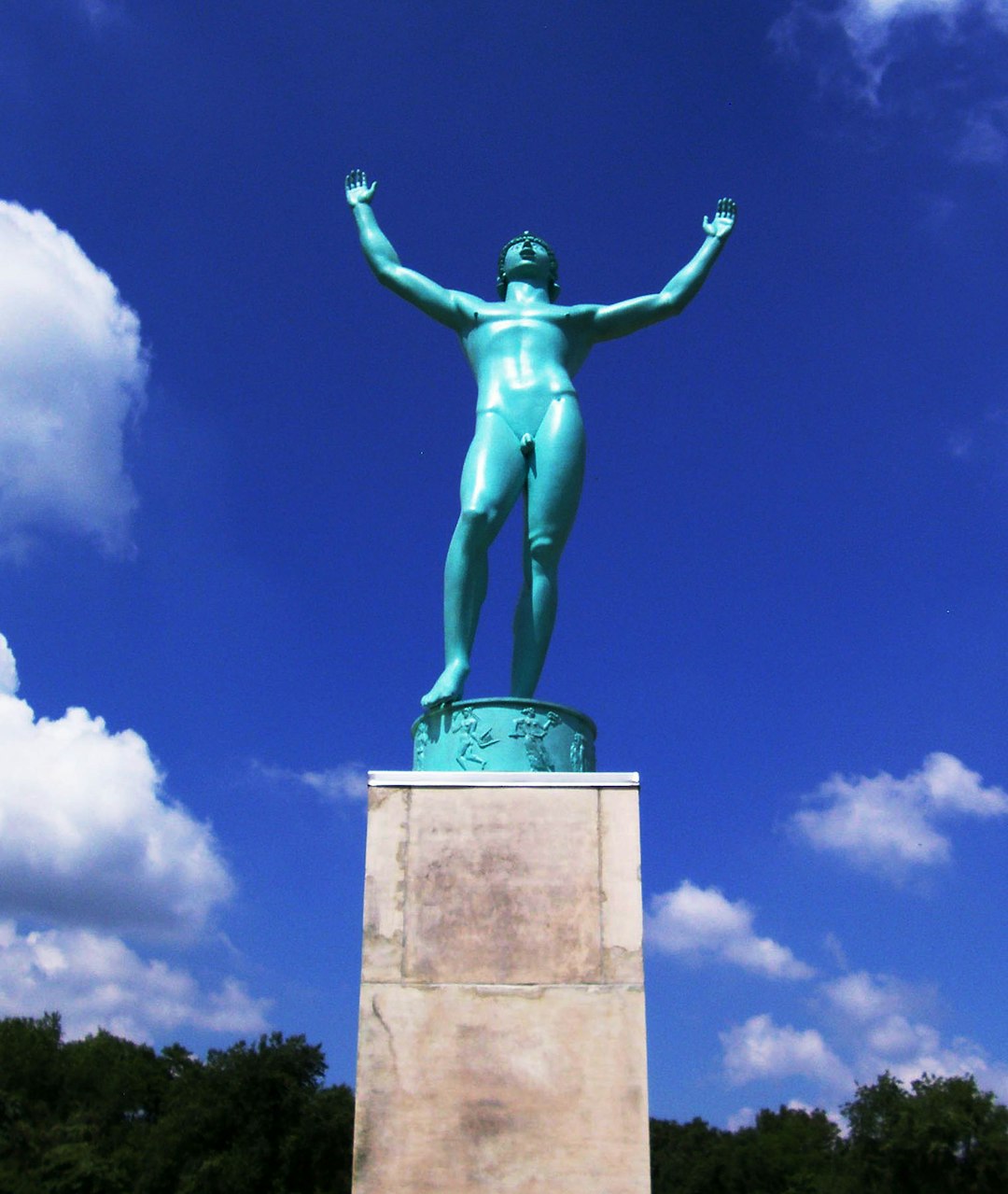In today's digital age, global autodialer laws are crucial for businesses and legal firms, especially those operating in or targeting Illinois. While U.S. states like Illinois have robust regulations like the Consumer Telemarketing Protection Act, South American countries vary significantly, with Brazil and Argentina having strict laws prioritizing consumer privacy. Disparities between South American and U.S. autodialer laws pose challenges for Illinois autodialer law firms, requiring them to stay informed about international standards to counsel clients effectively and ensure compliance with local and foreign regulations.
“South American Autodialer Laws: A Comparative Analysis with US Regulations” explores the legal landscape surrounding automated calling technologies across continents. This article delves into the unique regulations in South America, specifically focusing on key countries’ rules compared to those in the US, particularly Illinois. Understanding global autodialer laws is crucial for businesses and autodialer law firms in Illinois navigating international markets, ensuring compliance, and managing cross-border legal issues. Learn about the implications of these varying standards.
Understanding Autodialer Laws: A Global Perspective

In today’s digital era, understanding global autodialer laws is crucial for businesses and legal firms alike, especially those operating in Illinois or considering expansion into international markets. The autodialer law firm Illinois residents rely on plays a significant role in regulating automated communication technologies, such as auto-dialers. These laws are designed to balance the benefits of efficient marketing strategies with consumer privacy rights.
On a global scale, countries have adopted varying approaches to autodialer regulations. Some jurisdictions, like the United States, have specific rules for automated calls, including do-not-call lists and consent requirements. In contrast, other regions might have more stringent data protection laws that indirectly impact autodialing practices. Staying informed about these international perspectives is vital for legal firms assisting clients in navigating complex global communication landscapes, ensuring compliance with both local and foreign autodialer regulations.
South American Regulations on Automated Calling

In South America, regulations surrounding automated calling, including the use of autodialers, vary across different countries. Many nations have implemented laws to protect consumers from unwanted or abusive automated calls, ensuring a balance between marketing efforts and individual privacy. For instance, Brazil’s Telemarketing Law (Lei de Telemarketing) sets strict guidelines for automated dialing, requiring prior consent from recipients and imposing severe penalties for violations. Similarly, Argentina’s National Data Protection Law includes provisions that regulate the use of autodialers, emphasizing the need for user consent and data security.
In contrast to these stringent South American regulations, the United States’ approach varies state by state. While some states, like Illinois, have passed comprehensive autodialer laws that align with consumer protection measures, others have more lenient policies. Illinois’ Consumer Telemarketing Protection Act specifically addresses automated calling, mandating explicit consent and providing mechanisms for consumers to opt-out of calls. Understanding these disparities is crucial for law firms specializing in telecommunications law, particularly those assisting clients with international operations or focusing on autodialer technologies.
Comparing South America to Zion (US): Key Differences

When comparing South American autodialer laws with those in Zion (US), a notable disparity arises in terms of regulation and implementation. South American countries, collectively, have been slower to adopt comprehensive legislation specific to autodialer technology and its potential implications for privacy and consumer rights. In contrast, Illinois in the US has taken a proactive approach, establishing stringent guidelines for autodialer law firms operating within its borders.
While some South American nations have implemented general data protection laws that indirectly affect autodialing practices, these regulations often lack the granular specifics found in Illinois’ legislation. The Illinois autodialer law firm landscape is characterized by clear do’s and don’ts, including restrictions on automated calls to personal phones, requirements for opt-out mechanisms, and stringent penalties for non-compliance. This stark contrast underscores the divergent legal landscapes between South America and Zion, highlighting the importance of understanding local regulations for businesses operating in these regions.
Implications for Illinois Law Firms Specializing in Autodialer Cases

Illinois law firms specializing in autodialer cases face significant implications from South American regulations, particularly those regarding automated dialing systems. With a growing trend toward stricter privacy laws globally, Illinois attorneys must stay informed about international standards to effectively counsel clients and navigate potential cross-border legal issues.
The emergence of stringent autodialer laws in South America necessitates that Illinois autodialer law firms adapt their strategies. As these regulations impact consumer rights and business practices, local firms should anticipate changes in client expectations and legal obligations. Understanding the nuances of foreign legislation empowers Illinois attorneys to offer specialized advice, ensuring compliance and mitigating risks for clients engaged in international communications.






